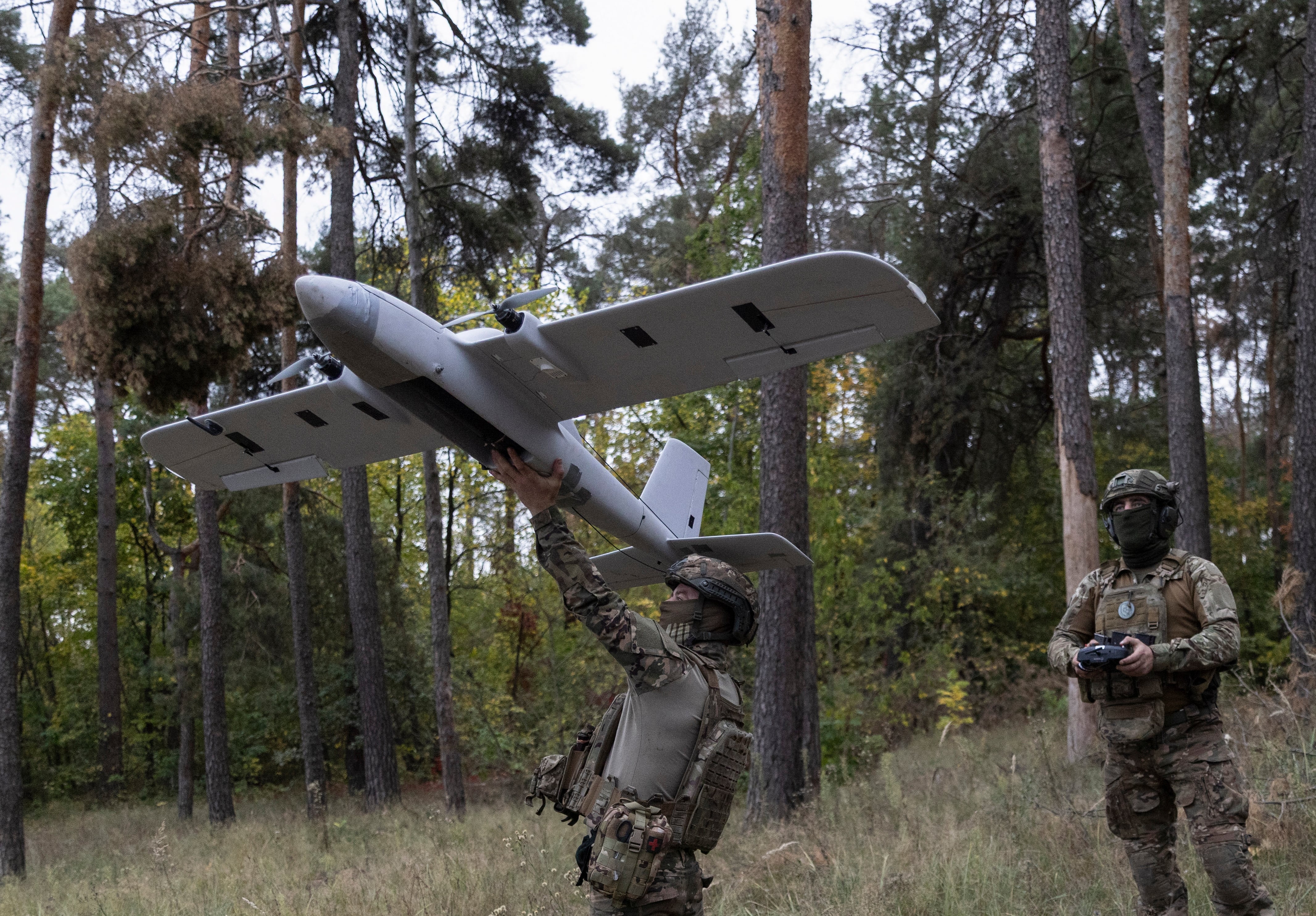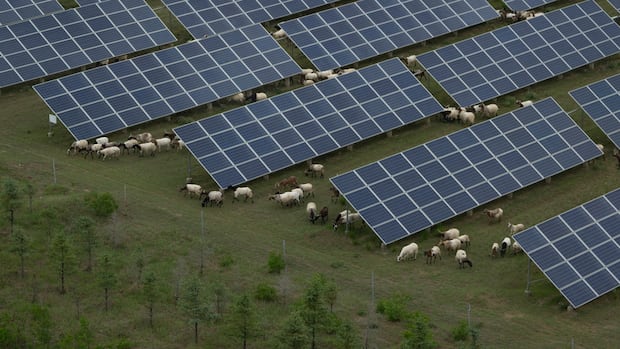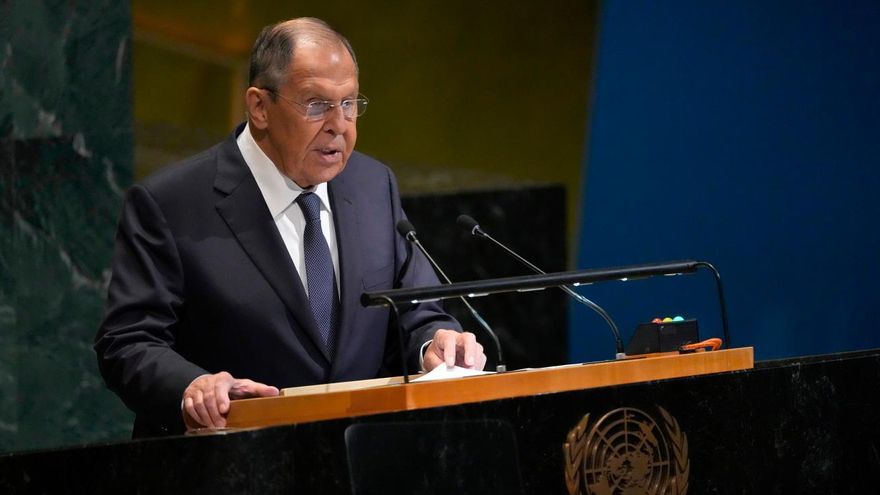Serbia's Aleksandar Vučić Clings to Power Amidst Growing Protests
Aleksandar Vučić, the President of Serbia, is facing increasing pressure from anti-government protests that have been ongoing for almost a year. These protests, fueled by allegations of corruption and authoritarianism, highlight the growing discontent with Vučić's leadership and his increasingly close ties with leaders like Vladimir Putin and Xi Jinping.
The Meaning of "Inat" in Serbian Politics
In Serbia, the word "inat" describes a form of stubbornness driven by spite or defiance. Some accuse President Vučić of exhibiting "inat" by refusing to yield to the demands of protesters calling for his resignation. However, a new generation of civic activists is reclaiming "inat" as a force for positive change, using it to fuel their movement.
Triggering the Unrest: The Novi Sad Train Station Collapse
The immediate trigger for the protests was the deadly collapse of a train station canopy in Novi Sad in November 2024. The renovated canopy, part of China's Belt and Road Initiative, raised serious questions about corruption and government accountability after the accident claimed 16 lives. This incident galvanized student protests, which grew larger throughout the winter and spring.
From Pro-European Reformer to Authoritarian Leader
Once perceived as a pro-European reformer, Vučić's political stance has shifted significantly since becoming president in 2017. Critics argue that he has consolidated power and adopted authoritarian tactics, drawing comparisons to leaders in Hungary and Russia. This shift includes a change in approach towards Kosovo and Bosnia-Herzegovina, as well as increased control over the media landscape in Serbia.
Backsliding on Democratic Norms
Since 2017, Serbia has experienced a decline in democratic norms. The media, once vibrant, is now largely controlled by the government. Independent journalists face harassment and censorship. Diplomatically, Vučić has changed his stance on Kosovo and has been accused of using Kremlin talking points to deflect criticism and smear his opponents as "foreign mercenaries."
European Criticism and Shifting Alliances
While European diplomats initially sought to engage with Vučić, his response to the protests and his deepening ties with Russia and China have drawn criticism. Officials like Ursula von der Leyen and Marta Kos have publicly called for reforms in media freedom, corruption, and electoral processes. This criticism has led Vučić to strengthen alliances with countries like China, Russia, and figures like Donald Trump Jr.
The Enduring Spirit of "Inat"
Vučić has presented himself as the only leader capable of saving Serbia, but the ongoing protests suggest his tactics may be failing. Like Slobodan Milošević before him, Vučić appears to have underestimated the "inat" of the Serbian people – their resilience and determination to resist authoritarianism. A new generation of citizens is now standing firm against what they see as another autocratic leader, similar to the Bulldozer Revolution that ousted Milošević.
 Visit the website
Visit the website






